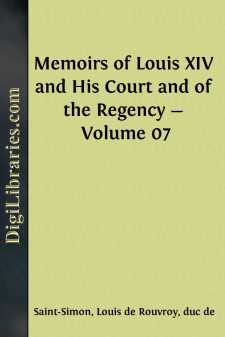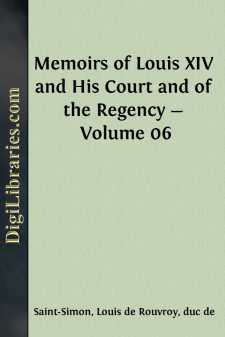Categories
- Antiques & Collectibles 13
- Architecture 36
- Art 48
- Bibles 22
- Biography & Autobiography 816
- Body, Mind & Spirit 145
- Business & Economics 28
- Children's Books 17
- Children's Fiction 14
- Computers 4
- Cooking 94
- Crafts & Hobbies 4
- Drama 346
- Education 58
- Family & Relationships 59
- Fiction 11834
- Foreign Language Study 3
- Games 19
- Gardening 17
- Health & Fitness 34
- History 1378
- House & Home 1
- Humor 147
- Juvenile Fiction 1873
- Juvenile Nonfiction 202
- Language Arts & Disciplines 89
- Law 16
- Literary Collections 686
- Literary Criticism 179
- Mathematics 13
- Medical 41
- Music 40
- Nature 179
- Non-Classifiable 1768
- Performing Arts 7
- Periodicals 1453
- Philosophy 66
- Photography 2
- Poetry 897
- Political Science 203
- Psychology 45
- Reference 154
- Religion 516
- Science 126
- Self-Help 85
- Social Science 82
- Sports & Recreation 34
- Study Aids 3
- Technology & Engineering 59
- Transportation 23
- Travel 463
- True Crime 29
Our website is made possible by displaying online advertisements to our visitors.
Please consider supporting us by disabling your ad blocker.
Memoirs of Louis XIV and His Court and of the Regency - Volume 12
Description:
Excerpt
The Abbe Alberoni, having risen by the means I have described, and acquired power by following in the track of the Princesse des Ursins, governed Spain like a master. He had the most ambitious projects. One of his ideas was to drive all strangers, especially the French, out of the West Indies; and he hoped to make use of the Dutch to attain this end. But Holland was too much in the dependence of England.
At home Alberoni proposed many useful reforms, and endeavoured to diminish the expenses of the royal household. He thought, with reason, that a strong navy was the necessary basis of the power of Spain; and to create one he endeavoured to economise the public money. He flattered the King with the idea that next year he would arm forty vessels to protect the commerce of the Spanish Indies. He had the address to boast of his disinterestedness, in that whilst working at all manner of business he had never received any grace from the King, and lived only on fifty pistoles, which the Duke of Parma, his master, gave him every month; and therefore he made gently some complaints against the ingratitude of princes.
Alberoni had persuaded the Queen of Spain to keep her husband shut up, as had the Princesse des Ursins. This was a certain means of governing a prince whose temperament and whose conscience equally attached him to his spouse. He was soon completely governed once more—under lock and key, as it were, night and day. By this means the Queen was jailoress and prisoner at the same time. As she was constantly with the King nobody could come to her. Thus Alberoni kept them both shut up, with the key of their prison in his pocket.
One of the chief objects of his ambition was the Cardinal's hat. It would be too long to relate the schemes he set on foot to attain his end. He was opposed by a violent party at Rome; but at last his inflexible will and extreme cunning gained the day. The Pope, no longer able to resist the menaces of the King of Spain, and dreading the vengeance of the all-powerful minister, consented to grant the favour that minister had so pertinaciously demanded. Alberoni was made Cardinal on the 12th of July, 1717. Not a soul approved this promotion when it was announced at the consistory. Not a single cardinal uttered a word in praise of the new confrere, but many openly disapproved his nomination. Alberoni's good fortune did not stop here. At the death, some little time after, of the Bishop of Malaga, that rich see, worth thirty thousand ecus a year, was given to him. He received it as the mere introduction to the grandest and richest sees of Spain, when they should become vacant. The King of Spain gave him also twenty thousand ducats, to be levied upon property confiscated for political reasons. Shortly after, Cardinal Arias, Archbishop of Seville, having died, Alberoni was named to this rich archbishopric.
In the middle of his grandeur and good luck he met with an adventure that must have strangely disconcerted him.
I have before explained how Madame des Ursins and the deceased Queen had kept the King of Spain screened from all eyes, inaccessible to all his Court, a very palace-hermit. Alberoni, as I have said, followed their example. He kept the King even more closely imprisoned than before, and allowed no one, except a few indispensable attendants, to approach him. These attendants were a small number of valets and doctors, two gentlemen of the chamber, one or two ladies, and the majordomo-major of the King....












